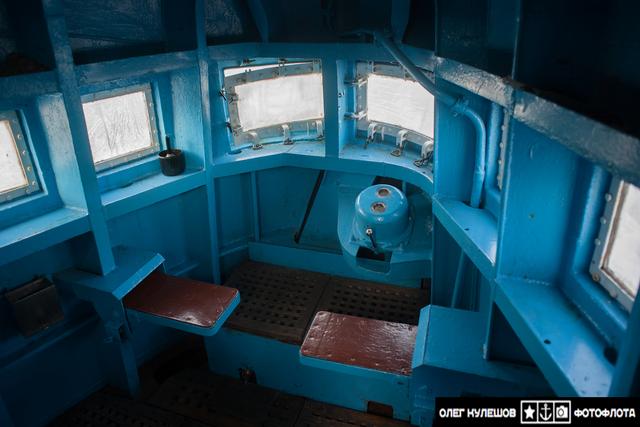Well, to the extent the Abrams films may have turned some people on to other, better Trek, that's a positive side-effect. No disagreement there.Why is that a shame? Honestly, why? My wife watched 09 film, enjoyed it, and started watching DS9.
But in terms of Trek's reputation, yeah, I do think they damage the brand. There's a whole contingent of people out there who now think that Trek is just a vehicle for Star Wars-style brain-dead action stories, with lots of pew!pew! and 'splosions and people falling from great heights. If those audiences discover otherwise and like what Trek at its best can do, that's great, but it seems just as likely that they'll be disappointed by the tone and the pace of the TV shows, and that will constrain what the franchise can offer in the future.
Meanwhile, in terms of entertainment in general, I'm always disappointed to see badly written material make big bucks, because that means we're liable to see more badly written material, and it crowds out better stuff. I'm hardly the first to point out that "mid-list" movies are a diminishing breed in Hollywood (just as mid-list books are disappearing in the publishing world), as more and more development money (which is not an unlimited resource) gets sucked up by efforts to make the Next Big Thing.
And, yeah, ST09 was badly written. The acting was fine, but that can't make up for the story. Orci and Kurtzman were the same writers responsible for The Island and The Legend of Zorro and Cowboys and Aliens and multiple Transformers movies, for heaven's sake, all of which were genuinely terrible movies even though they had talented people in them. They write idiot plots, using the flimsiest possible narrative logic to string together action set-pieces. They were not a good choice to write Star Trek. Just off the top of my head, it's easy to remember lots of obvious story problems with ST09 (and I haven't seen it in years). Nero's motivation made no sense, and if you buy his motivation his actions made no sense, and given his actions his crew's loyalty made no sense. The science made no sense (even by Trek's loose standards); supernovae and black holes don't work anything remotely like how they were depicted. A "lightning storm in space" is such an obviously ambiguous colloquial approximation of an actual phenomenon that there's no plausible way it could serve as a clue linking events separated by years and light-years, and if it were a clue, it makes no sense that it would be recognized first by Kirk, who at best heard about it secondhand, before Pike, who by his own testimony wrote his dissertation about it. The notion that Spock would eject Kirk (or anyone) in a pod to potential death on a passing ice planet, rather than just throwing him in the brig, makes no sense. The notion that his landing point on that ice planet would be within walking distance of Old!Spock's cave, which would itself be within walking distance of Scotty's research outpost, never mind that it would all be within visual range of Vulcan, is so (literally) astronomically unlikely as to beggar the imagination. (I really don't think Abrams gets the concept of interstellar distances; he made a similar gaffe in The Force Awakens.) The fact that the Enterprise (lacking working comms) would sail right past that research station (rather than stopping there long enough to use its working comms to contact the rest of the fleet) makes no sense. The notion that the rest of the fleet would be out of range, in a story where distance and travel time are otherwise treated as complete non-issues, makes no sense. The apparently complete lack of planetary defenses around Earth makes no sense. The concept of beaming across interstellar distances to a ship traveling at FTL speeds is a narrative asspull of colossal proportions, so much so that the movie itself lampshades it. The fact that Kirk got all the credit for saving the day, when it was Spock's plan that actually managed it, makes no sense, and the fact that he then got promoted straight from cadet to captain, over the heads of not just Spock but lord knows how many other qualified officers, just compounds the idiocy.
And that's just a small sampling. I'm sure all of these points were discussed to death around here years ago, but the movie does not get better with age. The plot is an insult to the intelligence of, basically, everyone.
Last edited:



